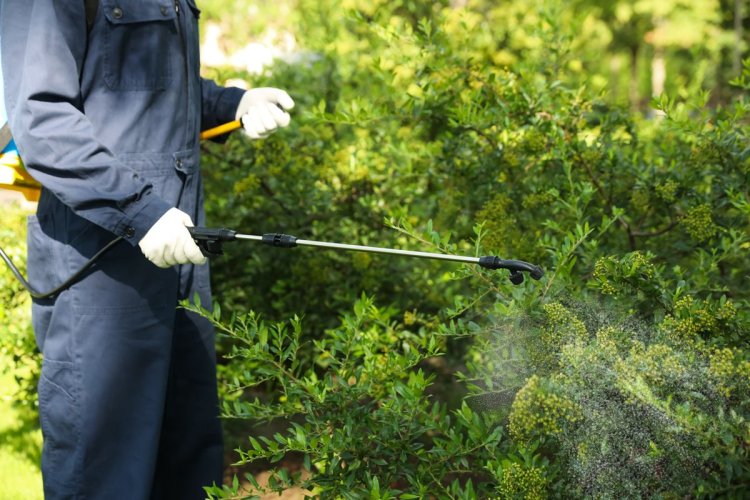Various Types Of Biological Pest Control Agents
This method is known to be self-sustaining as well as a long-term method that is used to manage pests and plants that are invasive.

Some plants and animals are useful in controlling pests and insects- we call it biological pest control. This is introduced mainly to reduce the pest population. This method is known to be self-sustaining as well as a long-term method that is used to manage pests and plants that are invasive. Instead of relying solely on synthetic pesticides, biocontrol utilizes living organisms to control pest populations, providing a more sustainable and environmentally friendly approach to pest management. This can be safe for all.
Biological Pest Control
Here are some key points about biological pest control:
Natural enemies: Biocontrol agents are organisms that naturally feed on or parasitize pests, regulating their populations. These natural enemies can include predators, parasites, pathogens, or competitors. For example, ladybugs are often used to control aphids, as they prey on these plant-sucking insects.
Conservation and augmentation: Biocontrol can involve the conservation and enhancement of existing natural enemies or the introduction of new ones. Natural enemies may already be present in the environment, and their populations can be encouraged through habitat modification or the use of attractants. Alternatively, beneficial organisms can be introduced to an area where they are not naturally occurring.
Targeted approach: One advantage of biological pest control is its specificity. Unlike chemical pesticides, which can harm a wide range of organisms, biocontrol agents typically have a narrow target range, focusing specifically on the pest species. This reduces the impact on non-target organisms, such as beneficial insects, wildlife, and humans.
Long-term pest management: Biocontrol is often viewed as a sustainable, long-term solution for pest management. Once established, natural enemies can persist in the environment, providing ongoing pest control without the need for continuous application of chemicals. This can help reduce the development of pest resistance to pesticides.
Challenges and limitations: While biological pest control has numerous benefits, it also has certain limitations. It may take time for natural enemies to establish and achieve effective pest control. Environmental conditions, such as temperature and humidity, can influence their efficacy. Some pests may have developed resistance to specific biocontrol agents. Additionally, biocontrol methods may not be suitable for immediate pest control in situations where rapid intervention is required.
Biological pest control is a valuable component of integrated pest management (IPM) strategies, which aim to combine multiple approaches, including cultural, biological, and chemical methods, to effectively manage pests while minimizing environmental impacts.
List of Biological Control Agents:
Several biocontrol agents are commonly used in agricultural and horticultural settings. For instance, certain nematodes are employed to control soil-dwelling pests, such as grubs and root weevils. Bacillus thuringiensis (Bt), a bacterium that produces toxins harmful to specific insect pests, is another widely used biocontrol agent.
Insect Predators
These are commonly known as the free-living species which can consume a large number of prey in their whole life. This happens because of the crop pests constituted by the majority of the predatory insects. The major predators include in this are Flies, Ladybugs, Lady beetles, Parasitic Wasps, Spiders, Parasitic Beetles, Dragonflies, and Lacewings.
Pathogens
Pathogenic microorganisms such as fungi, bacteria, and viruses are known to be host specific or can kill the host easily. Microbial diseases can occur naturally with their help. Professional pest control services use pathogens as biological pesticides.
Bacteria
These are more pathogenic to insects because they are belonged to the coccobacillus group and are used for biological control methods. They limit the option for the pests by infecting their digestive tract. This helps to control the insects with sucking mouthparts such as aphids or insects.
Viruses
The insect virus used in the biocontrol method is still in inception by professional pest control services. Thus, the viruses are known to be host specific and turn out to be potentially strong biocontrol agents. Our guide will help you understand the importance of pest control in preventing diseases.
Fungi
There are various types of fungi present but the Entomophaga is known to be most effective towards the pests.
Conclusion
The proper result comes when the problem is treated from the root and using suitable agents and techniques.

















